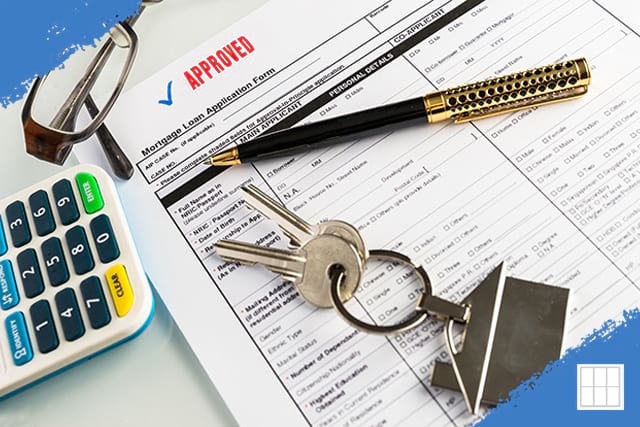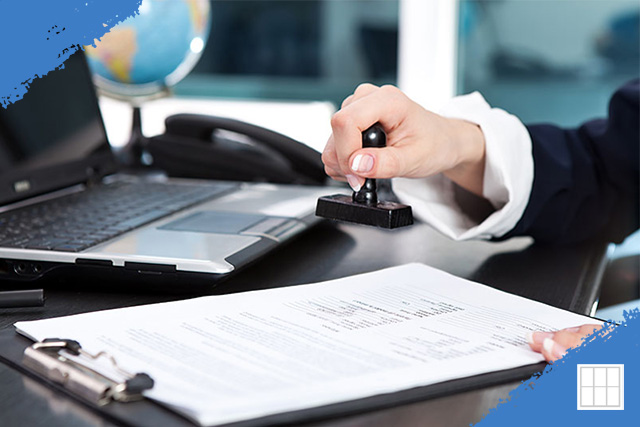When you're in the market for a new home, understanding the nuances of mortgage financing…

Things to Avoid After You Apply for a Mortgage
Applying for a mortgage is an exciting milestone on the road to homeownership, but it’s a delicate process that demands vigilance. Once your application is in, lenders will monitor your financial moves until closing day. Even minor slip-ups can delay approval, hike your interest rate, or sink the deal entirely. To keep your mortgage on track, here are critical actions to avoid after applying—and why they matter.
1. Don’t Change Bank Accounts
Lenders need a clear view of your financial history, and switching bank accounts can blur that picture. Opening or closing accounts forces extra verification, potentially delaying your loan. Stick with your current setup to avoid complications. Learn more about how lenders assess your finances in .
2. Don’t Apply for New Credit
A new credit card or loan might seem harmless, but it can impact your approval. Each application dings your credit score and raises your debt-to-income ratio. The Consumer Financial Protection Bureau explains how credit inquiries work—avoid them until after closing.
3. Don’t Deposit Large Sums of Cash Into Your Accounts
Unexplained cash deposits raise red flags. Lenders must verify funds are legitimate, and cash lacks a paper trail. A sudden influx could stall your application. If you need guidance on acceptable funds, see or the FHA’s seasoning rules.
4. Don’t Co-Sign for Anyone
Co-signing a loan adds debt to your name, risking your mortgage approval. It increases your liabilities and could push your debt-to-income ratio too high. The Federal Trade Commission warns about co-signing risks—say no until your mortgage is finalized.
5. Don’t Make Big Purchases
Dreaming of a car or new furniture? Wait. Big buys drain savings needed for your down payment or add debt, prompting lenders to reassess you. Check out to plan post-closing splurges instead.
6. Don’t Change Jobs or Reduce Your Income
Job stability is key. Switching roles—especially to self-employment—might require years of income proof, delaying your loan. Reducing hours or taking leave lowers your income, too. The U.S. Department of Housing outlines employment standards—stick with your current gig for now.
7. Don’t Miss Bill Payments
Late payments on any bill can drop your credit score and signal trouble to lenders. Even one slip could mean higher rates or denial. Set up autopay and read or visit Experian for score-boosting strategies.
8. Don’t Close Credit Accounts
Closing a credit card might seem smart, but it can hurt your score by raising your credit utilization or shortening your history. Keep accounts open, as explained in Equifax’s post .
9. Don’t Ignore Lender Requests
When your lender asks for documents—bank statements, pay stubs, tax returns—respond fast. Delays can stall your application or worse. Stay organized with to streamline the process.
10. Don’t Assume Everything’s Fine Without Checking
Avoid assuming your mortgage is a done deal. A surprise credit dip or appraisal hiccup could throw things off course. Stay vigilant—reach out to your lender often to catch issues early.
Final Thoughts
The stretch between applying for a mortgage and closing is a critical window. Lenders want consistency—any sudden shifts can throw them off. Avoid these missteps to protect your approval odds, lock in favorable terms, and ease your stress. Unsure about a move, like accepting a cash gift? Ask your loan officer. For more homebuying wisdom, dive into the mortgage pre-approval process to learn more. With patience and care, you’ll soon unlock your new home’s door!



